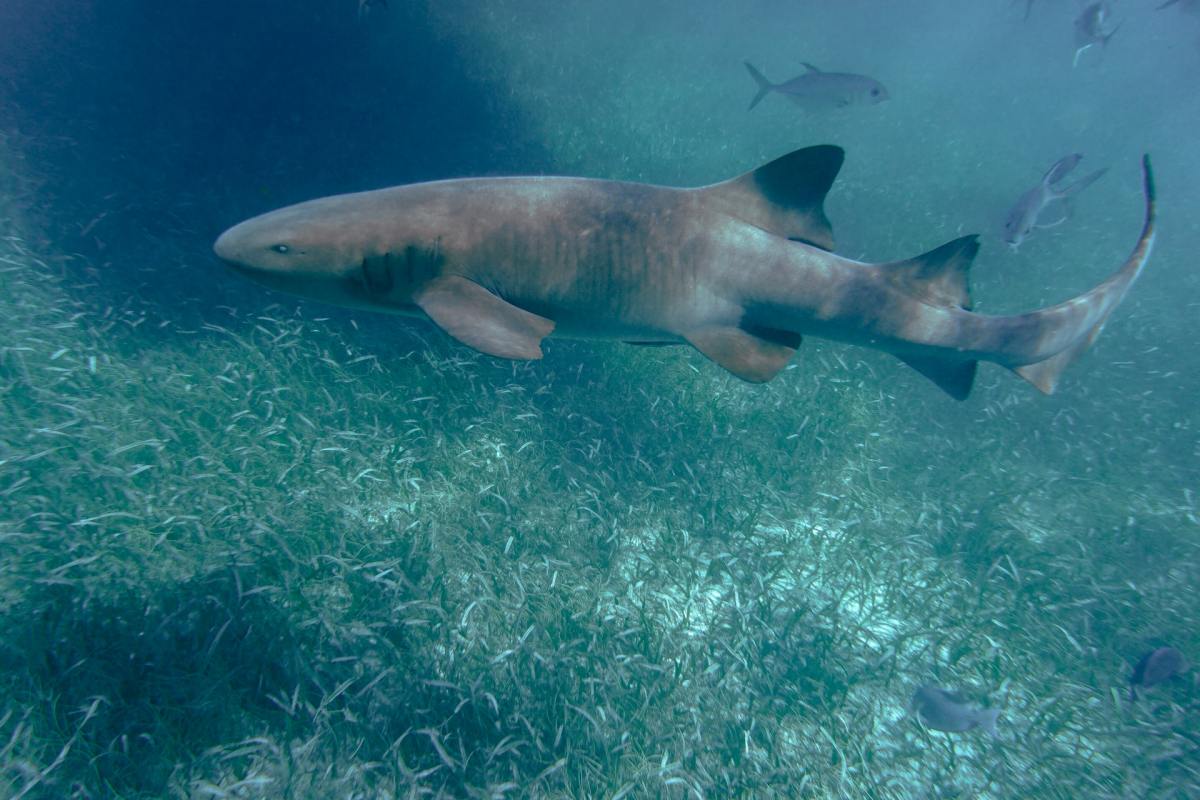A new study has grounds for optimism

A nurse shark.
Wouter Naert/Unsplash
BY TOBIAS CARROL
Generally, when you think about sharks in terms of their relationship to human health, those terms tend to be negative. Sharks may not eat people as much as some believe, but they’re certainly capable of doing a lot of damage to the human body with a single bite. But it turns out that sharks might be able to help improve humans’ health as well — including with our current battle against COVID-19.
Smithsonian Magazine has news of a recent study that suggests that antibodies found in a species of shark might have an application in human medicine. In a relatively serendipitous moment, the species in question is the nurse shark.
The study, published in the journal Nature Communications, focuses on the Variable New Antigen Receptors (VNARs) found in sharks’ immune systems, which are described therein as “the smallest naturally occurring binding domains found in nature.” The Smithsonian article notes that shark VNARs are 10% the size of their human counterparts.
University of Wisconsin-Madison professor Aaron LeBeau was one of the leaders of the study, and spoke of the work done here as a means to prepare for the future. “What we’re doing is preparing an arsenal of shark VNAR therapeutics that could be used down the road for future SARS outbreaks,” LeBeau said. “It’s a kind of insurance against the future.”
Sharks are known for the effectiveness of their immune systems, and this is the latest scientific foray into what from it could apply to human biology. Given that preparedness against future pandemics is a concern among many — even as we deal with the current one — the work being done by these scientists could be transformative in the years to come.
No comments:
Post a Comment